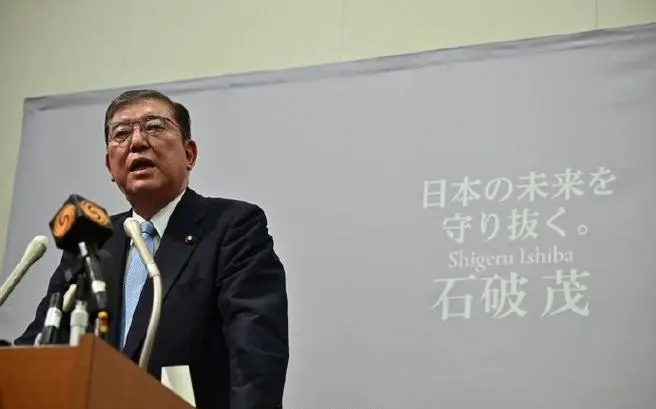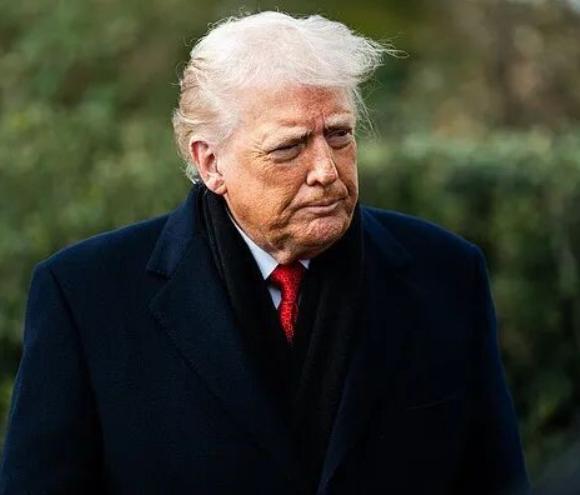
On September 27, 2024, Ishiba Shigeru won the presidential election of the Liberal Democratic Party of Japan and will become the new Prime Minister of Japan. His coming to power has brought many uncertainties and new possibilities for changes in Japan's financial and monetary policies.
From the past remarks and propositions, Ishiba Shigeru has a relatively clear view and tendency of Japan's financial and monetary policy. He has been seen as a key political rival of former Prime Minister Shinzo Abe, has long advocated interest rate normalization and fiscal reconstruction, and has been critical of Abenomics. Mr Abe's "Abenomics" ushered in eight years of negative interest rates at the Bank of Japan. This excessive reliance on loose monetary policy and fiscal deficits has stimulated the economy to a certain extent, but it has also placed a heavy burden on Japan's finances. Ishiba argues that such policies have helped to revive the economy in the short term, but in the long run they have failed to "arouse private investment" and have damaged national finances and the financial health of the central bank. This shows that he wants to adjust the current monetary policy and wean itself off excessive easing.
In terms of interest rate policy, Ishiba is a strong advocate of higher yen rates. He has said that the financial spread between Japan and the United States is the main reason for the depreciation of the yen, and supports the Bank of Japan to raise interest rates. He argued that a gradual move towards an interest-rate environment would help curb price rises and promote structural reforms. Expectations are that he could push the Bank of Japan to raise interest rates further. That expectation was already on display after his election, with financial markets reacting quickly, with Nikkei 225 futures briefly plunging and the yen sharply stronger. That suggests investors believe Mr. Ishiba's policy proposals could change the flow of money and asset prices in Japan's financial markets.
However, Ishiba Shigeru took office after the implementation of interest rate policy also faced many challenges. Japan's economy remains fragile, with consumption weak, capital expenditure growth lower than expected, and private consumption growth less than expected. In such an economic environment, higher interest rates may further inhibit economic growth, cause business difficulties, and even trigger the collapse of zombie enterprises and local banking crises. While Ishiba has made it clear that non-competitive companies that survive only because of the low interest rate environment should be eliminated, in practice this is bound to bring some economic pain and social pressure.
From the perspective of fiscal policy, Ishiba advocated strengthening the taxation of financial income such as stock sales proceeds, and believes that there is still room for corporate taxes to be raised. Such a move could help ease the fiscal pressure on the Japanese government by raising revenue, but it could also have some impact on corporate profitability and investment incentives. In the context of the current global economic slowdown and the rise of trade protectionism, the external environment faced by enterprises is already more severe, and raising taxes may further weaken the competitiveness of enterprises and have an adverse impact on the recovery of the Japanese economy.
In addition, Ishiba also proposed a series of economic development plans, such as building a world-class financial power. He plans to attract funds from all over the world to Japan through special financial projects in Tokyo, Osaka, Fukuoka and Sapporo, and encourage the people to change from a savings lifestyle to an investment lifestyle. This needs to be supported by stable financial policies and a sound investment environment. If he can promote the reform of financial policies, strengthen financial supervision, and improve the transparency and stability of financial markets, it may attract more domestic and foreign capital inflows and promote the development of Japan's financial markets. However, it is also necessary to balance the relationship between financial innovation and risk prevention in the process of policy formulation and implementation to avoid triggering new financial risks.
Overall, the impact of Ishiba on Japan's monetary policy will be complicated. His policy propositions reflect the reflection on the current situation of the Japanese economy and expectations for future development, but in the actual implementation process, there are many economic, political and social challenges to face. The direction of Japan's monetary policy will depend on the interaction and game between the Ishiba government and the Bank of Japan, the business community and the international market. Going forward, we need to pay close attention to the changes in Japan's monetary policy and the impact of these changes on the Japanese economy and global financial markets.

On January 18th, local time, the so-called "Peace Committee" for Gaza, which was recently announced by US President Trump, has sent invitation letters to approximately 60 countries and international organizations.
On January 18th, local time, the so-called "Peace Committee…
Recently, Elon Musk has sought up to $134 billion in compen…
Amidst the global wave of technological transformation, art…
In January 2026, the remarks by US Treasury Secretary Besse…
Less than three weeks into 2026, transatlantic trade relati…
On January 17, 2026, the Trump administration, under the pr…